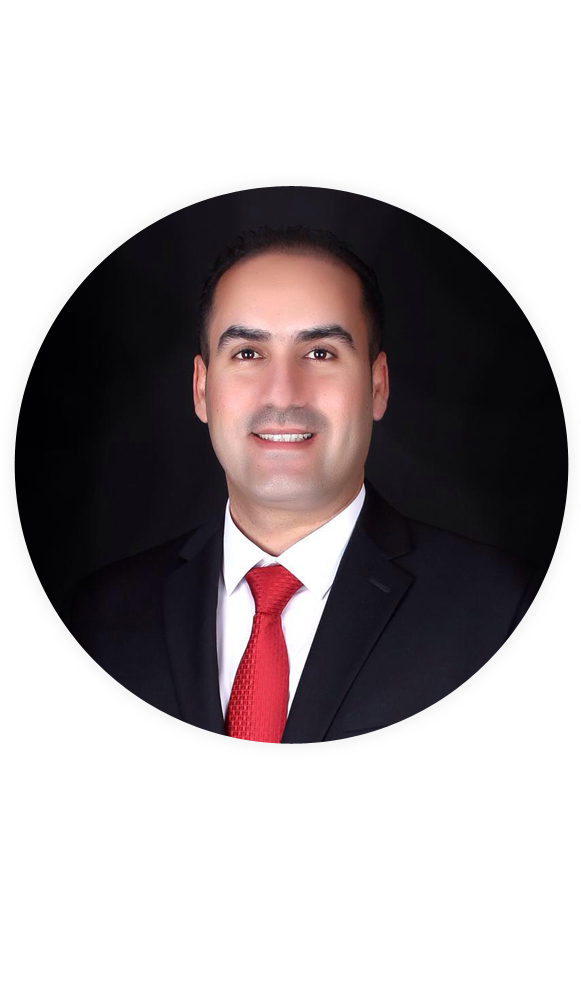
Biography
Dr. Banitaan is currently the director and associate professor at the Mathematics, Computer Science, and Software Engineering department at the University of Detroit Mercy. His research interests include software engineering and data mining. He is a member of the Association for Computing Machinery (ACM), a member of the Institute of Electrical and Electronic Engineers (IEEE), and a member of the IEEE Computer Society. He received a B.S. degree in Computer Science from Yarmouk University, an M.S. degree in Computer and Information Sciences from Yarmouk University, and a Ph.D. degree in Computer Science from North Dakota State University. He taught for five years at the University of Nizwa, Oman. He joined the University of Detroit Mercy in 2013.